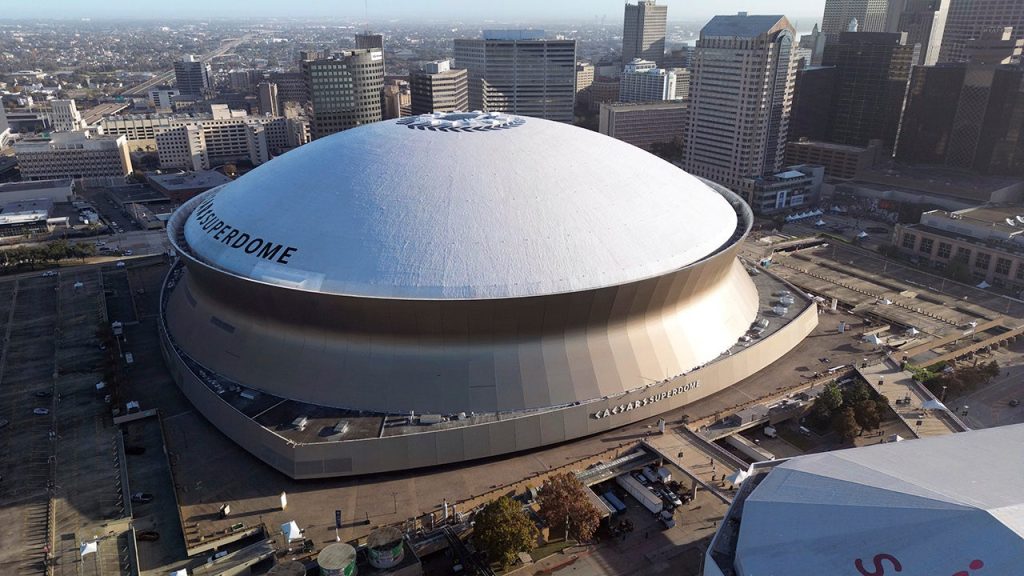The 2025 Sugar Bowl, a highly anticipated College Football Playoff quarterfinal game between the Georgia Bulldogs and the Notre Dame Fighting Irish, was abruptly postponed just hours before its scheduled kickoff in New Orleans due to a devastating act of terrorism that unfolded in the heart of the city. The tragic incident, which claimed the lives of at least ten individuals and left dozens more injured, sent shockwaves through the city and the sporting world, forcing officials to prioritize public safety and reschedule the game.
The horrific event transpired on Bourbon Street, a vibrant thoroughfare renowned for its lively atmosphere and historical significance, when a Ford pickup truck, driven by 42-year-old Shamsud-Din Jabbar, plowed into a throng of pedestrians at approximately 3:15 local time. Following the initial act of violence, a firefight erupted between the suspect and local law enforcement, culminating in Jabbar’s death at the scene. The unfolding chaos transformed the bustling street into a scene of carnage and despair, leaving a trail of casualties and prompting immediate security measures across the city.
Federal authorities, including the FBI, swiftly launched an investigation into the incident, classifying it as an act of terrorism. The discovery of an ISIS flag within the suspect’s vehicle, along with weapons and a potential improvised explosive device (IED), further solidified the assessment. The investigation expanded to encompass Jabbar’s potential connections to terrorist organizations, as authorities worked to unravel the motivations and potential network behind the attack. Additional potential IEDs found in the French Quarter heightened anxieties and prompted further security sweeps.
The proximity of the attack to the Superdome, the iconic venue slated to host the Sugar Bowl, just a mile from the crime scene, immediately raised concerns about the safety and security of the players, staff, and thousands of fans who had flocked to New Orleans for the game. The stadium was placed on lockdown as security personnel conducted thorough sweeps to ensure the absence of any threats. Officials from the Sugar Bowl, the Sun Belt Conference, and other organizations with offices within the Superdome were instructed to remain off-site until further notice.
Amid the escalating crisis, Allstate Sugar Bowl CEO Jeff Hundley addressed the public in a press conference alongside local and federal officials. Hundley expressed the organization’s profound sorrow and condolences to the victims and their families, acknowledging the deep impact of the tragedy on the city and the Sugar Bowl community. He emphasized the committee’s 90-year history as responsible corporate citizens of New Orleans, underscoring the shared grief and commitment to navigating the aftermath of the attack.
In a unanimous decision reached by all involved parties, the Sugar Bowl was postponed for 24 hours, prioritizing the safety and well-being of everyone involved. Hundley affirmed the collective agreement to delay the game, stating that it was in the best interest of public safety. The postponement allowed authorities to focus on securing the city, investigating the attack, and ensuring the safety of the game when it eventually took place. Both participating universities, Georgia and Notre Dame, whose teams were staying in hotels just blocks from the scene of the attack, implemented “shelter in place” protocols for their players and staff, adding to the somber atmosphere surrounding the highly anticipated game. The tragic events in New Orleans served as a stark reminder of the vulnerability of public gatherings and the ever-present threat of terrorism, casting a long shadow over the sporting world and the city itself.

